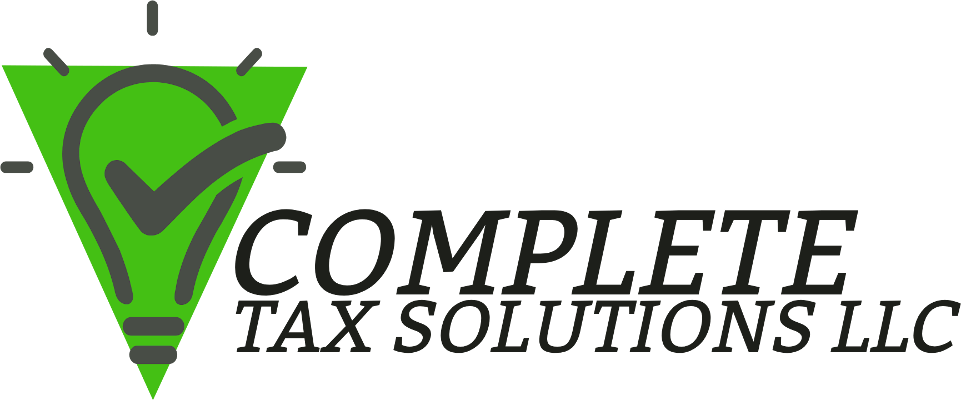Spring and Summer are the height of the real estate sales season. If you’re selling your home this year, you may be able to exclude all or part of any gain from the sale from your income when you file your next tax return.
When selling a home, homeowners should think about:
- Ownership and use. In order to exclude all or part of your capital gains from the sale of your home, you must meet ownership and use tests. During the five-year period ending on the date of the sale, you must have owned the home and lived in it as your main home for at least two years.
- Gains. If you sell your main home for a capital gain, you may be able to exclude up to $250,000 of that gain from your income. If you file a joint return with your spouse, you may be able to exclude up to $500,000. If you can exclude all the gain, you do not need to report the sale on your tax return unless a Form 1099-S was issued.
- Losses.If you find yourself in the unfortunate position of selling your main home for less than you paid for it, this loss is not deductible.
- Multiple homes.If you own more than one home, you can exclude the gain only on the sale of your main home. You must pay taxes on the gain from selling any other home.
- Reported sale. If you don’t qualify to exclude all of the taxable gain from your income, you must report the gain from the sale of your home when your file your tax return. And even if you have no taxable gain, you must report the sale on your tax return if you receive a Form 1099-S, Proceeds from Real Estate Transactions.
- Mortgage debt. Generally, you must report forgiven or canceled debt as income on your tax return. This includes any mortgage workout, foreclosure, or other canceled mortgage debt on your home. If you had debt discharged in whole or in part on a qualified principal residence, you can’t exclude that debt from income unless it was discharged before January 1, 2026, or a written agreement for the debt forgiveness was in place before January 1, 2026.
As with most things tax-related, there are exceptions to the general guidance above. In particular, there are exceptions to these rules for people with a disability, certain members of the military or intelligence community, and Peace Corps workers. If you have questions about the whether any capital gains you received from the sale of your home might be deductible, please contact our office.
